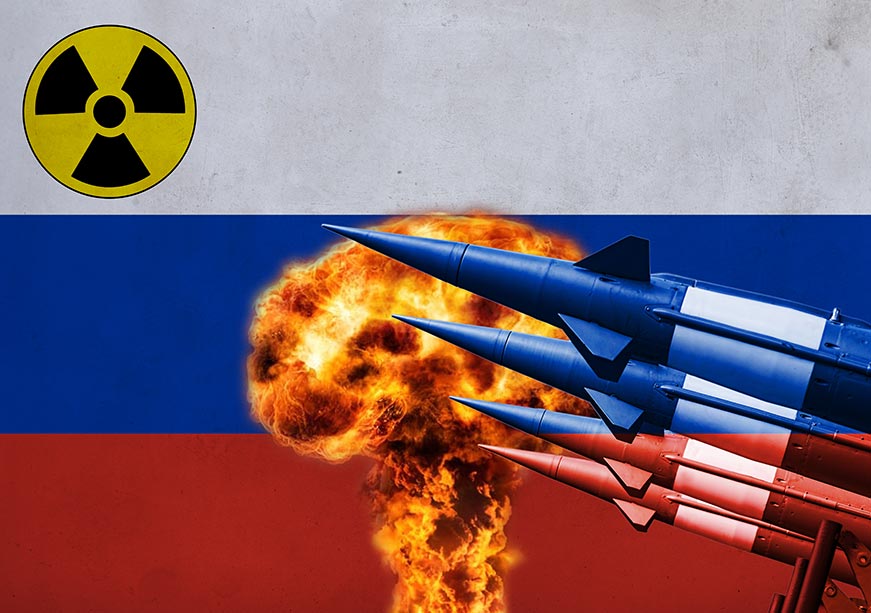In recent months, Russia has unveiled a revised nuclear doctrine that has significant implications for global security dynamics. As tensions between Russia and the West escalate, understanding the nuances of this doctrine becomes crucial. This blog examines the key elements of Russia's new nuclear posture, its potential impact on international relations, and the broader implications for global security.
Key Components of Russia’s New Nuclear Doctrine
Russia's updated nuclear doctrine reflects its strategic priorities in an increasingly complex geopolitical landscape. One of the central tenets of the doctrine is the emphasis on the role of nuclear weapons as a deterrent against perceived threats. This perspective underscores Russia's belief that its nuclear arsenal serves as a safeguard against military aggression from Western powers. Moreover, the doctrine articulates the circumstances under which Russia might resort to nuclear weapons, including in response to conventional threats that could undermine the state's existence.
Another significant aspect of the new doctrine is the focus on enhancing the effectiveness of Russia's nuclear capabilities. This includes investments in modernising existing systems and developing new technologies, such as hypersonic weapons. These advancements aim to maintain the strategic balance with NATO and other adversaries while ensuring that Russia can respond effectively to any perceived threats.
The Impact on International Relations
The revised nuclear doctrine is likely to exacerbate existing tensions between Russia and Western countries. NATO has expressed concerns over Russia's nuclear ambitions, viewing the doctrine as a provocative move that could destabilise the region. The potential for miscalculation or misunderstanding in the heat of a crisis becomes a pressing concern, as both sides may perceive the other’s actions through a lens of distrust. This escalation of rhetoric and military posturing could lead to a new arms race, reminiscent of the Cold War era.
Furthermore, Russia's nuclear doctrine poses challenges for existing arms control agreements. As the geopolitical landscape shifts, the future of treaties such as the New START agreement hangs in the balance. The United States and its allies must navigate this evolving situation carefully, balancing deterrence with diplomacy. The risk of nuclear escalation necessitates renewed dialogue on arms control and disarmament to mitigate potential crises and enhance global stability.
Broader Implications for Global Security
The implications of Russia's new nuclear doctrine extend beyond Europe and the United States. Countries in Asia, the Middle East, and other regions will likely reassess their security postures in response to Russia’s actions. Nations may feel compelled to enhance their own military capabilities or seek new alliances to counterbalance perceived threats. The interconnectedness of global security means that a shift in one region can reverberate across the world, impacting security dynamics in unpredictable ways.
Conclusion
Russia's new nuclear doctrine signifies a pivotal moment in international relations, with far-reaching consequences for global security. Understanding the motivations and implications of this doctrine is essential for policymakers and analysts alike. As the world grapples with these developments, it is crucial to promote dialogue and cooperation to prevent escalation and ensure stability. Go through this in-depth analysis of Russia's nuclear doctrine and its implications.





Comments